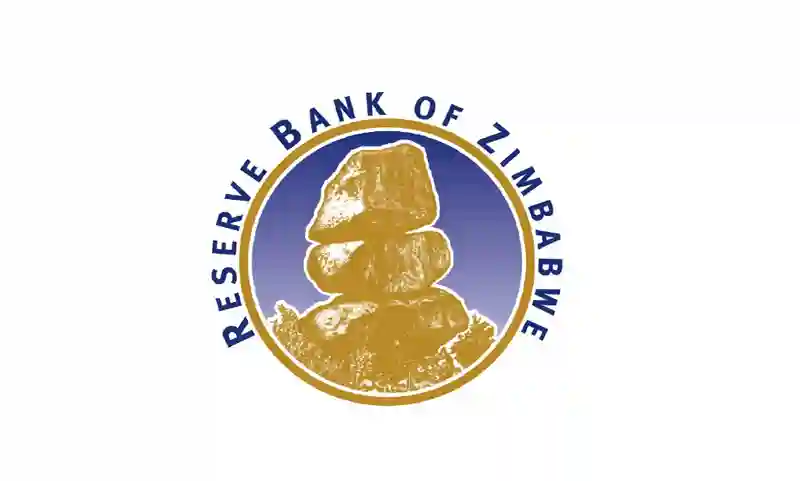Reserve Bank of Zimbabwe (RBZ) Governor, John Mushayavanhu, has unveiled a roadmap for de-dollarization, aiming to boost the value of ZiG transactions in the economy from the current 20% to 50% by 2026.
De-dollarisation is a process of reducing reliance on the U.S. dollar (USD) as the main transacting currency to the newly introduced Zimbabwe Gold (ZiG).
Responding to questions during a Zimbabwe National Chamber of Commerce (ZNCC) breakfast meeting held in Mutare on Thursday, 25 April, Mushayavanhu said the RBZ envisages a gradual de-dollarisation process will result in the margins being reduced on a year-to-year basis. He said (via The Manica Post):
The market is dollarized to the extent that 80 per cent of all transactions currently happening in the country are in USD, and only 20 per cent are in local currency. Government has said 50 per cent of transactions should be done in local currency, so they are well ahead of us.
The Central Bank has come up with a roadmap towards de-dollarisation, and as we go towards 2030, we want to do it gradually so that maybe by the end of the year, we are at 70/30, in 2025 we are at 60/40, then in 2026 we are at 50/50 and after that, we will not even care to monitor it because it will happen on its own.
You will also be seeing Government reviewing the amount you pay in ZiG for tax as we go along on that roadmap.
Mushayavanhu also denied reports that ZiG has depreciated on the parallel market, saying the central bank’s systems do not allow that to happen. He said:
As far as the parallel market is concerned, some of these rates that you are hearing are mere quotations. We have tested this system ourselves.
As you know we have the Financial Intelligence Unit, and we unleashed them on the market to pose as forex buyers. For example, we tasked them to buy US$ 100,000 at whatever rate, and they were ready to pay.
The FIU team requested to see the US$ first before transferring the funds to the individuals’ bank accounts.
From 8 am to 8 pm, they were saying we would avail the money, and at the end of the day, nothing materialised.
If these transactions are happening for US$5 and US$10 for people who want to buy airtime, then it is normal in any economy. I don’t think we have a parallel market for meaningful business transactions.
The central bank chief asserted that the parallel market will eventually die a natural death during de-dollarisation.
He reiterated that ZiG is firmly supported by gold and other precious minerals, and the RBZ does not set a fixed rate. Instead, the value has been influenced by the rising price of gold. Said Mushayavanhu:
ZiG is a new currency fully backed by gold and other precious minerals. We are projecting that ZiG will be stable. The exchange rate will not move. In fact, if you look at what has been happening since April 5, ZiG has been strengthening.
The market has been influenced by the price of gold that has been going up which means that ZiG should naturally strengthen because its major anchor is gold.
That is not because the Central Bank has been interfering with the process or has said anything.
Mushayavanhu said on the issue of ZiG buying fuel, the central bank is currently seized with negotiations with players in the industry so that it becomes a possibility, and the outcome of the engagements will soon be made public.
More: Pindula News

